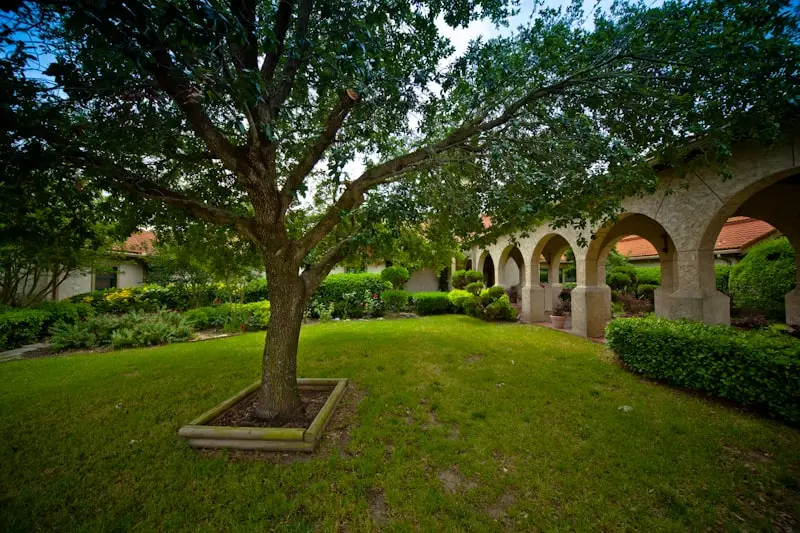Before we can answer this question it’s important to understand the chronic nature of addiction and alcoholism.
If you’re a chronic relapser then you know that it is almost impossible to stay stopped. No matter the will power you possess or the emotional appeal or the relationships or the consequence that you are facing, they are not enough to stay stopped.
That is because alcoholism and addiction are chronic.
Chronic means constantly recurring. It also means difficult to eradicate. The opposite of chronic is temporary.
So that means the symptoms of alcoholism and addiction will constantly recur unless you continuously treat it. The symptoms are simple.
You will start again after you stop. And when you start you will do way more than you intended.
This is why a long term recovery community is critical to a chronic relapser’s recovery.
Choosing an Appropriate Recovery Center
There are many aspects to rehabilitation that should be considered when you are choosing an alcohol abuse treatment program for yourself or your loved one.
Uncovering the root issue that led to alcoholism is an important component of any treatment program.
In order to assist you or your loved one in identifying underlying causes and issues that could lead to relapse in the future, it is important for the facility to offer a broad array of counseling services.
Along with one-on-one therapy sessions, many facilities also provide group therapy sessions.
Although you or your loved one may be hesitant at first at the thought of discussing your recovery with others, many people ultimately find it helpful to share their challenges with others who are experiencing similar issues.
Both inpatient and outpatient alcohol abuse rehabilitation programs are available, so it is important to give careful consideration to the type of facility that is most suitable for your needs or those of your family members.
Prospective patients may often have many questions and even concerns about the prospect of a long-term residential treatment program.
After Treatment
Once you leave the alcohol abuse treatment facility, recovery is typically an ongoing process.
You may need to check in with a medical professional on a regular basis if you are prescribed a medication to assist you in recovery.
Many facilities provide aftercare and follow-up services to assist patients in making the transition to a sober lifestyle and maintaining their sobriety.
Such services are often provided on an outpatient basis and may include group talk sessions and 12-step programs.
The Ranch and After Care
Burning Tee Ranch – which opened its door in 1999 – is one of the only recovery centers in the United States that has a long term sober living program after its residential program.
Called After Care, it is a year-long commitment that couples sober living with intensive aftercare.
Because of this, Burning Tree Ranch has been able to create a recovery community in the Dallas, Texas area.





